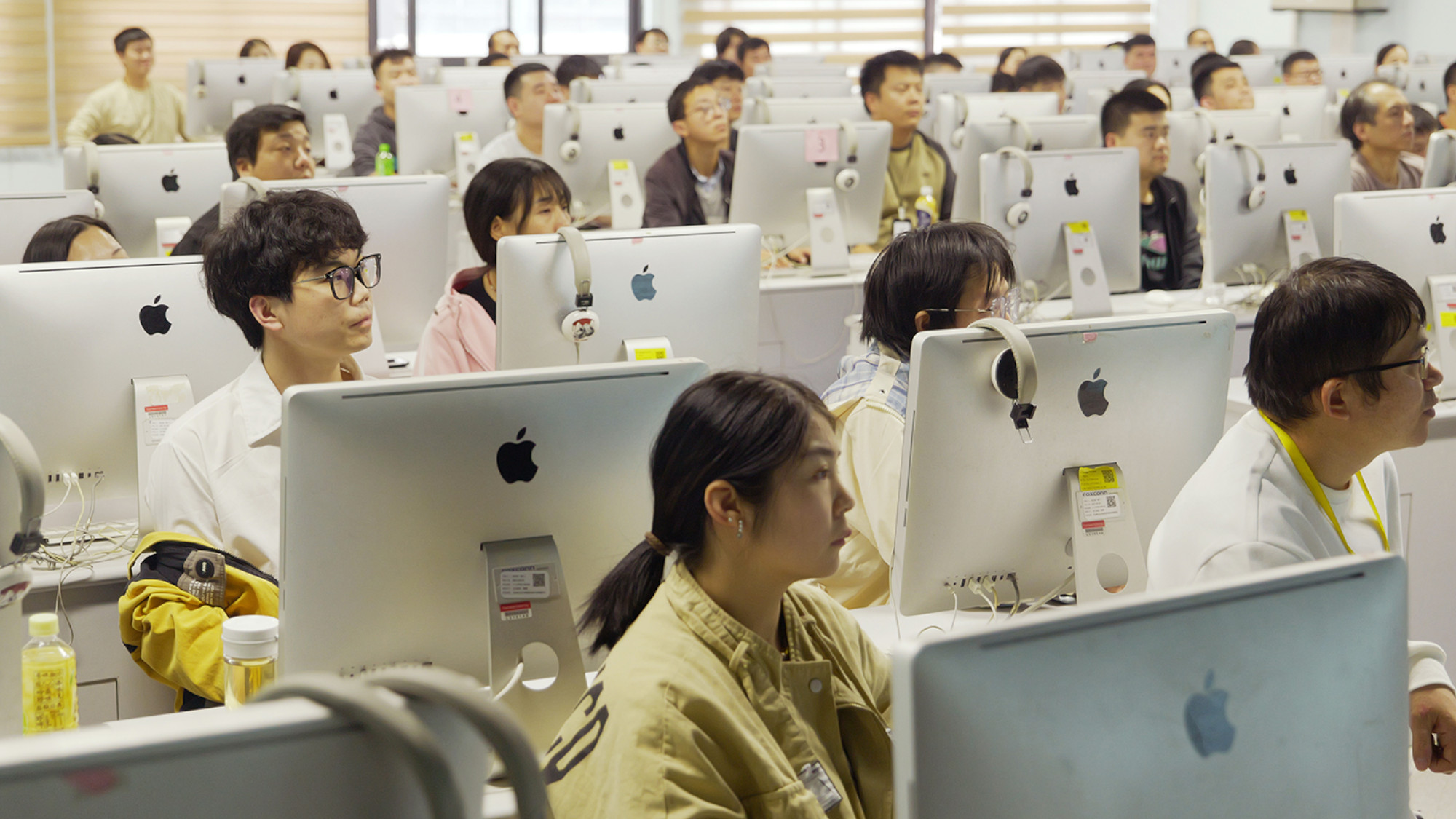Book reviews: 'Apple in China: The Capture of the World's Greatest Company' and 'Wild Thing: A Life of Paul Gauguin'
The China-Apple alliance and a biography of French painter Paul Gauguin

A free daily email with the biggest news stories of the day – and the best features from TheWeek.com
You are now subscribed
Your newsletter sign-up was successful
'Apple in China: The Capture of the World’s Greatest Company' by Patrick McGee
"Apple's massive investment in China is beginning to look like a Faustian bargain," said Alex Tapscott in the New York Post. The world's first $3 trillion publicly traded company manufactures 80% of its products in the Communist Party–run nation, and while that level of dependence makes Apple itself vulnerable to political storms, the company's enormous investment in the country over the past 30 years has also vastly accelerated China's effort to overtake the U.S. as the world's technological superpower. That's the "gripping" story that Financial Times reporter Patrick McGee tells in his new best-seller about the alliance, which focuses on Apple's missteps but "reserves some of his most pointed criticism for America's policy elite." Washington, after all, once encouraged such partnerships because it believed that enriching China would push the country toward democracy.
Since the late 1990s, Apple has poured investments into China "on a scale that is difficult to imagine," said Michael Brendan Dougherty in National Review. The 28-plus million Chinese workers the company has trained exceed California's entire labor force. And McGee reports that in 2016, Apple CEO Tim Cook quietly pledged to spend $275 million in China across five years—double the investment, adjusted for inflation, that the U.S. poured into rebuilding Europe after World War II. The China-Apple alliance began in the 1990s, when Steve Jobs needed a hit to keep Apple alive, said Hannah Beech in The New York Times. Apple wound up turning to the Taiwan-based manufacturer Foxconn, which soon began building factories in China that exploited workers. McGee says Beijing intentionally allowed the abuses to build technical know-how. Because the exchange greatly benefited both parties, "what began as a feat of manufacturing has troubling consequences for the entire world."
Apple is now in a bind, said The Economist. It's been reported that Cook is scrambling to move some production to India, and he'll have to if President Trump follows through with his steepest threatened tariffs. "Can the company thrive without China?" McGee's "timely" book raises that question. Apple already faces fierce competition from Chinese firms, said Drake Bennett in Bloomberg. Those rivals include the telecoms giant Huawei, whose state-of-the-art products are manifestations of the manufacturing knowledge that Apple developed and freely shared with its Chinese business allies as all parties pushed workers to produce innovative technology at scale. "It turns out that one way to transform insanely exacting ideas into reality is by treating the people who are part of the process as means to an end. The Chinese Communist Party, by definition, believes in this. Apple, in a different way, seems to as well."
The Week
Escape your echo chamber. Get the facts behind the news, plus analysis from multiple perspectives.

Sign up for The Week's Free Newsletters
From our morning news briefing to a weekly Good News Newsletter, get the best of The Week delivered directly to your inbox.
From our morning news briefing to a weekly Good News Newsletter, get the best of The Week delivered directly to your inbox.
'Wild Thing: A Life of Paul Gauguin' by Sue Prideaux
Sue Prideaux's "gruesomely fascinating" Paul Gauguin biography opens with a bit of myth busting, said Anne Higonnet in The Wall Street Journal. In 2000, four of the celebrated painter's teeth were found in a well near his onetime home in French Polynesia, and later testing of the teeth indicated that he had probably never contracted syphilis. "This twist surprises," as we've long been told that the Paris-born postimpressionist was a sex tourist who died of the sexually transmitted disease after spending the last dozen of his 54 years spreading it among the teenage girls he impregnated in French Polynesia. Prideaux acknowledges that Gauguin had left his wife and children to move to pursue his art in Tahiti. But maybe he was professionally selfish in a relatively ordinary way. His late work is evidence that "the accomplishments of the selfish are real."
When Prideaux defends Gauguin's relationship with women, "it can feel as if she is overcompensating," said Nadia Beard in the Financial Times. Yes, his marriage was happy until an 1882 financial crash cost him his position as a stockbroker, and he encouraged the women in his life to seek fulfillment through independence. But after moving to Tahiti at 43, he took several girls under 16 as sexual partners. Still, "presenting us with these contradictions is part of the book's triumph," making them a problem for the reader to resolve. If we want to dismiss Gauguin as a self-centered colonist, we have to contend with the anti-colonial activism for which he was jailed by French authorities.
When Prideaux mounts an argument that Gauguin's Tahitian paintings were themselves anti-colonial, "your mileage may vary," said Hamilton Cain in The Minnesota Star Tribune. Generally, though, she displays "a gift for illustrating the intricacies of an artist's perspective," said Sarah Moorhouse in the Los Angeles Review of Books. She's also persuasive in depicting Gauguin as a Frenchman who was forever pursuing a return to the unbound, back-to-nature existence he had known during an early childhood spent in Peru. To experience his paintings is to enter a dream world of his creation in which symbol and feeling matter as much as what the eye sees. "He's not an easy artist. Yet he's a great one."
A free daily email with the biggest news stories of the day – and the best features from TheWeek.com